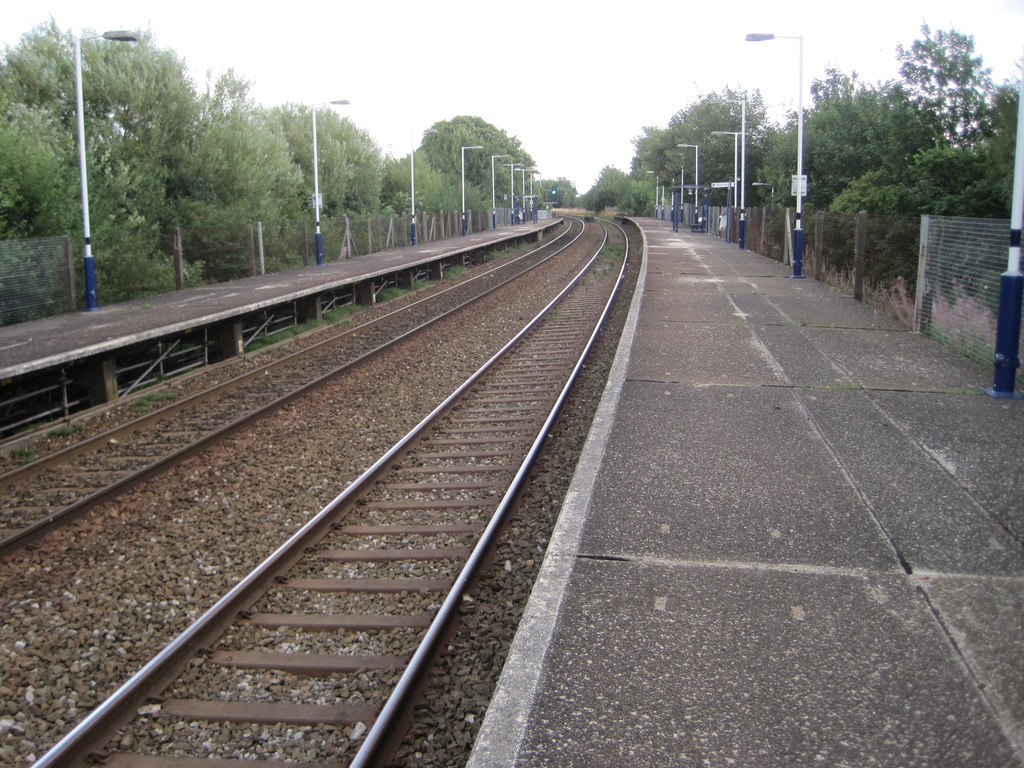Plans to put passengers first and transform Greater Manchester’s local rail stations into community hubs were unveiled today.
Transport for Greater Manchester (TfGM) has submitted its ‘Case for Change’ to the Department for Transport, in a bid to secure a multi-million pound investment and regional accountability by bringing Greater Manchester’s rail stations under local control.
The submission has been made on behalf of the Greater Manchester Combined Authority (GMCA), in line with the 2014 devolution agreement and 2040 strategic vision for transport to drive economic growth and regeneration.
The detailed business case recommends the wholesale transfer of station ownership and management from Network Rail and train operators to Greater Manchester as the best solution to help stations realise their full potential.
It sets out plans for long-term investment to enable local stations to: act as community hubs; offer a seamless journey through better integration with the wider transport network; improve access to jobs and local facilities; and act as a catalyst for local regeneration and social enterprises.
Subject to an ‘in principle’ Government agreement by summer this year, 94 local rail stations could transfer to Greater Manchester custodianship in the next two to three years, with city centre Manchester Piccadilly, Manchester Victoria and Oxford Road to follow thereafter.
The current model of station ownership does not allow for long term customer focus and planning and stations and their facilities have not evolved in line with customer expectations. This is due to the short length nature of current rail franchise contracts with funding mechanisms of up to no more than nine years.
If approved, over £400 million – combined from existing funding streams and additional Greater Manchester investment – would be invested in local stations over the next two decades, with potential to use related land assets for additional housing, commercial development and improved car parking.
Greater Manchester’s plans would act as a catalyst for social business initiatives that could see stations support local health and well-being by offering community gyms, cafes and health centres.
Stations could also include art galleries, room for concerts, performing arts, festivals, and local weekend markets – and space for offices and meetings, conferences and training and development.
Rail station transfer will help stimulate significant economic investment in local communities and spread economic benefits more widely across the region, helping GM deliver its ambition of an extra 227,000 home by 2035. Preliminary analysis suggests that there is immediate scope for the construction of 119 housing units on underused adjacent land and station facilities.
Tony Lloyd, Greater Manchester Mayor, said: “Many of Greater Manchester’s rail stations do not meet the expectations of the travelling public. Stations have lost their place in the community, more than half lack step-free access, and some can be intimidating to use, particularly at night. I believe it is important that our transport assets do not just meet, but exceed the demands of users. The case for change is clear.”
“With a transfer of rail station responsibilities we can envision our local rail stations as thriving community hubs that can open up access to jobs, housing and leisure.”
“Our ‘Case for Change’ plan offers a long-term approach to investment and growth that our industry partners have simply been unable to deliver under the constraints of the current system. It makes financial sense, benefits local communities and puts passengers first.”
“Crucially, these proposals support our 2040 transport strategy for an integrated transport network, which has received widespread support from local residents, businesses and organisations.
“We will work with the Government and support where we can to ensure a quick decision is made – we want to start delivering change as soon as possible. This is an exciting opportunity to make a real difference for local residents and passengers.”
Jon Lamonte, TfGM’s Chief Executive, said: “Under the current system, Greater Manchester’s rail stations have not developed in line with customer expectations.
“This is an innovative approach that that would transform local stations into transport hubs that are well-used, offer a pleasant travel experience and improve quality of life by offering a useful asset for the local community.
“The recent redevelopment of Irlam rail station has already showcased how our vision can become a reality, demonstrating just what can be achieved when local stations realise their full social and economic potential.”







